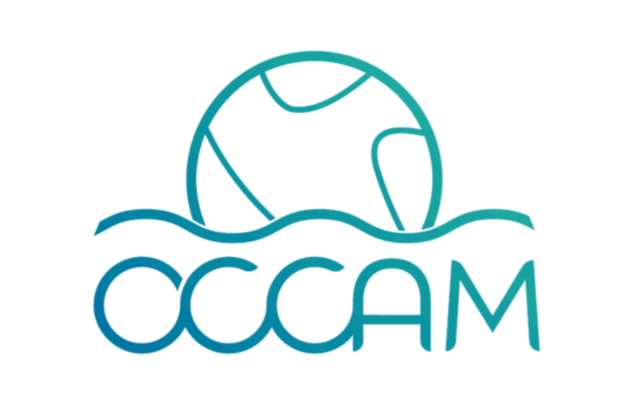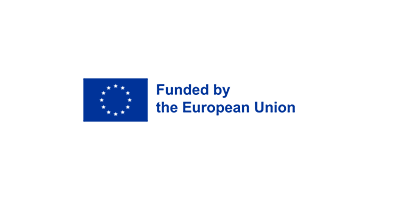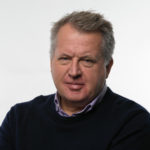OCCAM
Adaptations to climate changes in aquaculture

Adapting to climate change and reducing greenhouse gas emissions are challenges faced by the aquaculture industry. Through OCCAM, we aim to help develop and test new solutions that address precisely these issues.
Start
01. May 2025
End
30. Apr 2029
Funded by
Horizon Europe (EU)
Cooperation
Fiskaaling P/F, Avrik, ICES, Luna P/F, Submariner network for blue growth ewiv (SUB), Sjokovin, Matís, Akva Group ASA, Grieg Seafood ASA, UiT - The Arctic University of Norway, Samherji hf., Zachodniopomorski Uniwersytet Technologicny, Agencia Estatal Consejo Superior de Investigaciones Científicas, Caviar pirinea SL, Inskie Centurm Rybaxtwa Spolka Zoo, PROINSA, Ostrea Production, IVL Svenska Miljoeinstitutet AB, Nordic Seafarm AB, The Scottish Association for Marinescience LBG
Project Manager(s):
Other Participants:
Laura Carraresi
Philip John James
Oda Bjørnsborg
Anne Risbråthe
Background
The European aquaculture sector is increasingly vulnerable to the complex and compounding effects of climate change. Rising water temperatures, extreme weather events, ocean acidification, and shifting precipitation patterns are disrupting aquatic ecosystems and threatening the viability of fish, shellfish, and seaweed farming. These environmental stressors are leading to reduced water quality, increased disease outbreaks, and higher mortality rates in farmed species. At the same time, the authorities are imposing stricter environmental requirements on the industry.
These conditions mean that the industry must take action. The OCCAM project has been established to help the industry address these challenges and adapt to climate change.
Objectives
The aim of the project is to identify and develop ready-to-use solutions and provide advice that can be utilised by a wide range of stakeholders in the aquaculture industry – either directly or as a basis for further development.
The solutions should be scalable, replicable, and innovative, yet simple enough to help reduce greenhouse gas emissions.
What we do
We will develop twelve innovative solutions for different aquaculture species and environments, as well as four cross-sectoral solutions that together help to reduce the climate footprint of the aquaculture industry.
The project covers aquaculture in freshwater, seawater, and land-based aquaculture facilities, and targets the following species:
- Salmon
- Trout
- Carp
- Mussels
- Oysters
- Kelp
Nofima coordinates OCCAM, and leads the work on exploitation and uptake of OCCAM solutions in policy and in practice. We also work with the dissemination of project results.
Contact

Topics
Climate change
Files and Links
